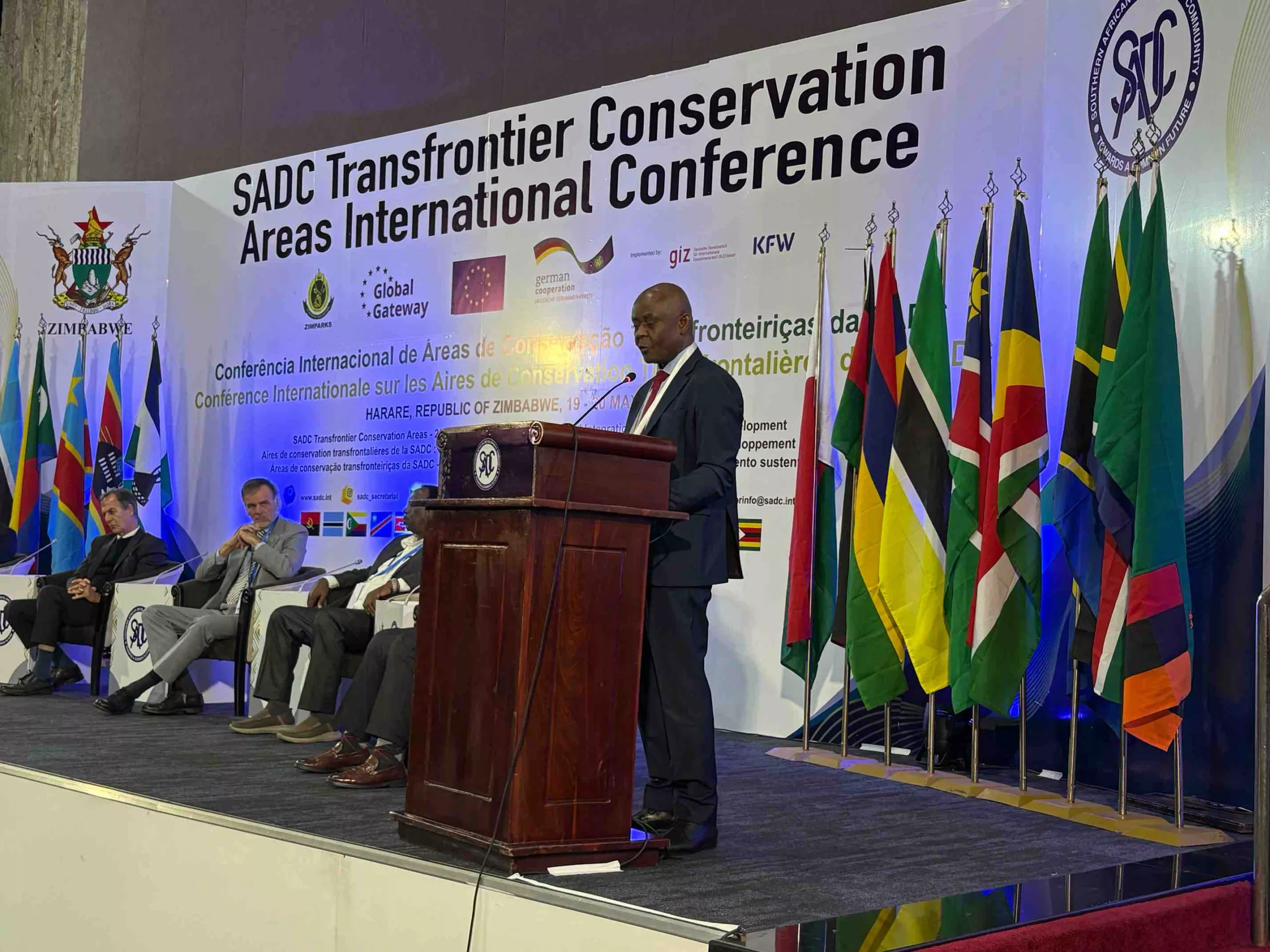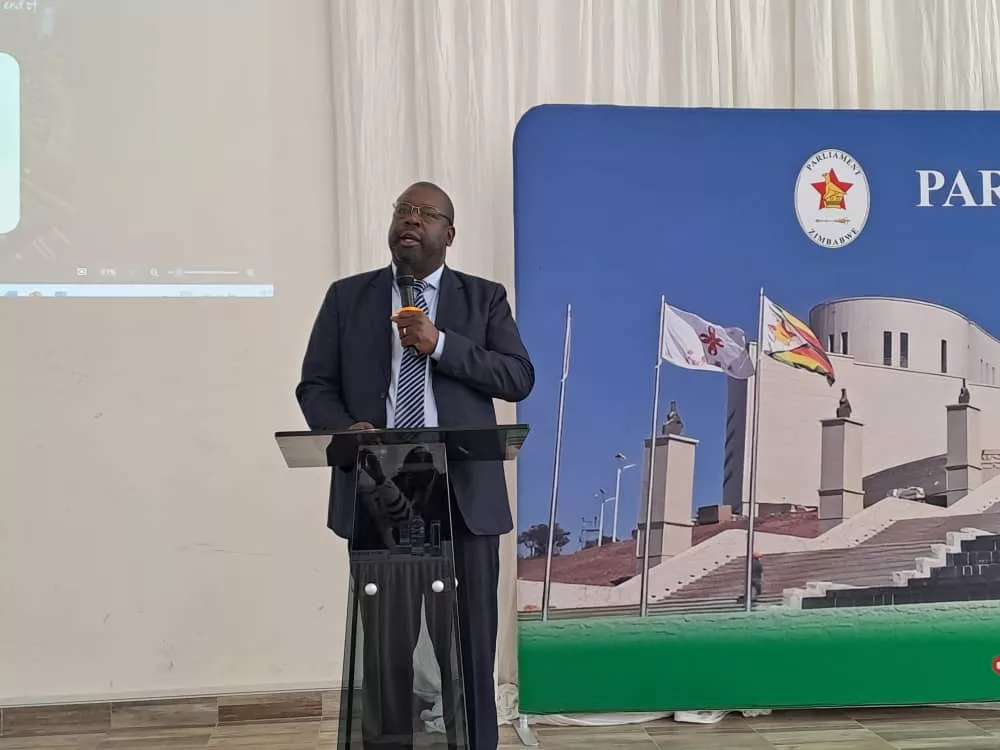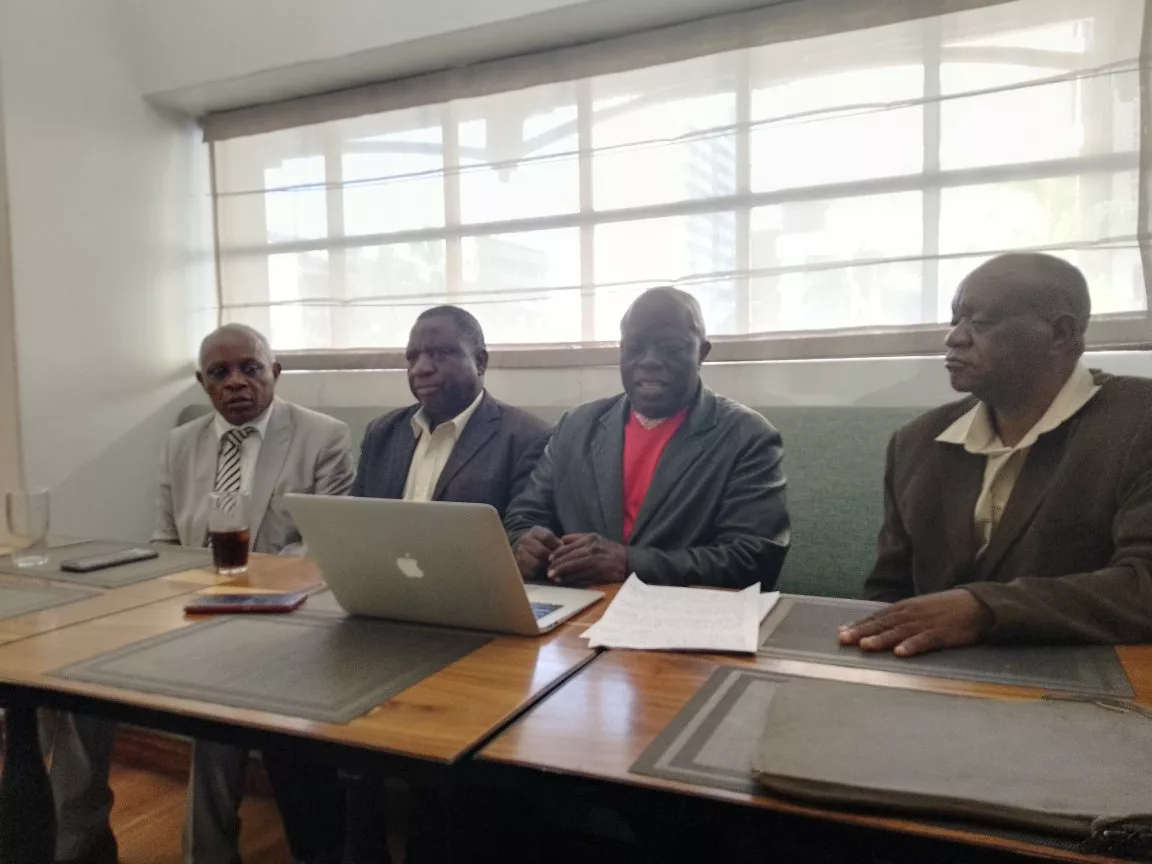|
Getting your Trinity Audio player ready...
|
Agroecology has been identified as one of the most important pathways to climate resilience and sustainable food systems transformation in Africa.
The approach integrates ecological and social principles into farming practices to address food insecurity, environmental degradation, and poverty, leading to food security, environmental sustainability, and economic development.
The second Conference on Agroecology held in Nairobi last month demonstrated how agroecology was being used to offer sustainable farming solutions that create employment and entrepreneurship opportunities for the young generation, thereby reducing rural-urban migration.
According to the UN Food and Agriculture Organisation (FAO), agroecology reconnects people to their food and producers to consumers, making healthy food accessible to all consumers.
Consequently, the East African Legislative Assembly through the Committee on Agriculture, Tourism, and Natural Resources, (ATNR) has endorsed a resolution officially recognising agroecology as a strategic priority for formulating and recommending sustainable policies in agriculture, tourism, and natural resource management across the region.
In an exclusive interview with Climate Action, Uwumukiza Françoise, an East African Legislative Assembly (EALA) legislator and chairperson of the Committee on Agriculture, Tourism and Natural Resources (pictured), explains why agroecology is becoming an important practice.
Does EALA recognise agroecology as a credible, science-based solution for food and nutrition security in East Africa?
Yes. In fact, EALA in partnership with FAO and with support from the Centre for Food and Adequate Living Rights has endorsed a resolution officially recognising agroecology as a strategic priority for the region.
Through the EALA-ATNR committee, we have started training legislators from member states. The first training was held in Kampala, Uganda, bringing together more than 20 parliamentarians from Kenya, Uganda, Tanzania, Rwanda, Burundi and South Sudan.
By embracing agroecology, we are committed to creating a future that values ecological integrity and the welfare of our people with the aim to end hunger by 2030 as we promote the right to adequate food, leaving no one behind.
How can EALA collaborate with farmers, civil society and research institutions to shape strong regional policies and legal frameworks that support agroecology?
EALA has already initiated a joint and broad network that will bring together all the actors in agroecology including civil society organisations, academia, FAO, the private sector, and representatives from member states, among other parties that are willing to save the world.
As the chairperson of EALA-ATNR, I follow most of agroecology networks and contacts on LinkedIn and other social media platforms. This helps me understand whatever is going on in the agroecology space. It has helped me understand so many things. For example, I have learned that farmers across the continent are eager to join the agroecology movement, but they don’t have sufficient information. This means that there is need for more training at all levels.
Can EALA support greater investment in research and development of agroecological innovations—especially bio-inputs like biofertilisers and biostimulants—as alternatives to synthetic agrochemicals?
At the EALA-ATNR committee, we have a department dealing with research. We have notified the research team that during the next plenary, we will be moving a motion that agroecology be officially recognised as a strategic practice to save people’s health and the environment.
So far, there is a high political will and we should soon come up with a policy that can harmonise agroecology practices in the community. We need to look at the already existing policies and strategies to come up with a concrete direction that will help implementation of principles of agroecology, especially among smallholder farmers, most of them being women and youth across the region.
We will also be working with the private sector because they are interested in producing food with less chemicals, which are not only unhealthy to our foods, but also destroy our soils.
We are working closely with the Agriculture and Food Security Department at the East African Community (EAC) to ensure that no one is left behind. Indeed, ecological organic agriculture is a rapidly growing sector in Africa, with strong links to economic and social-cultural development on the continent (as per a report on challenges and opportunities in ecological agriculture.
How can agroecology be positioned within EALA’s agenda as a practical strategy for climate resilience and low-carbon agriculture in EAC?
Agroecology and climate resilience are deeply interconnected. Agroecology restores degraded soils, enhances water retention, and reduces dependency on synthetic inputs. It also mitigates greenhouse gas emissions through carbon sequestration in agroecosystems — a key climate mitigation strategy.
At the EALA level, we have a climate change forum, and we are supporting agroecology as a good practice for environmental protection. We are also pushing for a climate change bill and are calling on different actors to support us as we plan to table it as a Private Member’s Bill since the Council has delayed initiating it. But the EAC Climate Change Policy is already in place.
What role can EALA play in promoting agroecological enterprises—particularly those led by women and youth—to drive inclusive rural development?
We have the EALA Women’s Caucus, which has been engaging women, youth and marginalised people. The Committee on General Purpose, which deals with budget, women, youth, and persons with disabilities is also a key player. It works jointly with the committee on ATNR to support these groups in agriculture and business.
We also recognise that the growing interest of youth in agriculture — but with a different approach — presents a tremendous opportunity for EALA to drive transformative change through agroecology. We are committed to supporting, guiding, and scaling youth and women-led agroecological enterprises in a way that aligns with their aspirations.
Source: Nation






